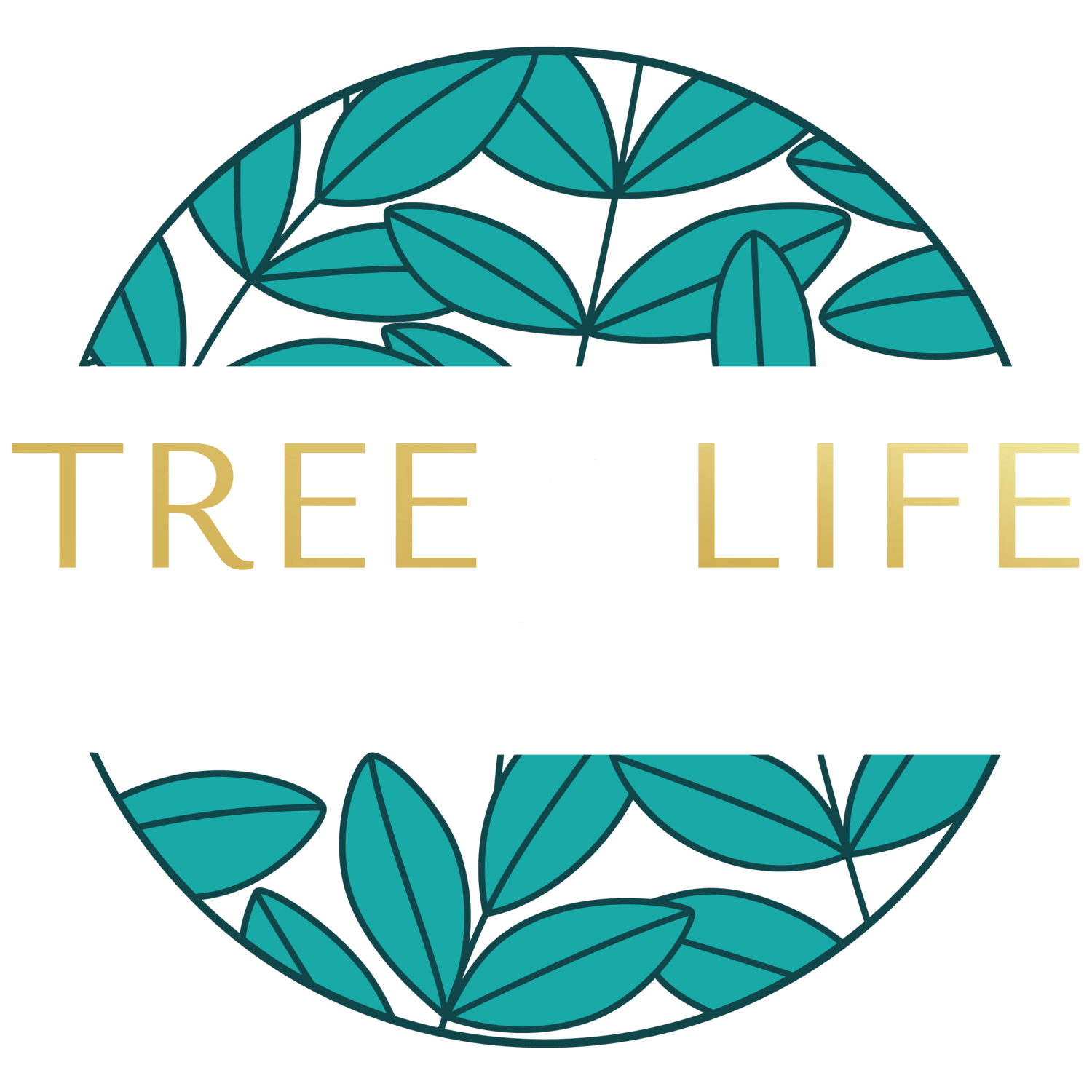Becoming a Licensed Therapist - A path rooted in care, resilience, and liberation.
✨ It begins with a bachelor’s degree — typically a minimum of four years, but often longer depending on life circumstances. Many of us take breaks to care for family, work multiple jobs, or simply survive. These aren’t delays — they’re proof of perseverance. During these years, we build a foundation in human behavior, social systems, and emotional wellness, often through unpaid internships, community involvement, and juggling responsibilities few others see.
🌀 Then comes a master’s program, usually 2–3 years long, with 1,000+ hours of clinical training. These hours are unpaid and emotionally intense, layered on top of full course loads, outside jobs, caregiving duties, and an ever-present pressure to “hold it all together.” We bear witness to grief, trauma, and healing in its rawest forms — often while confronting our own.
🧠 We take comprehensive exams just to earn our degrees. Then we tackle licensure exams, high-stakes tests that demand months of preparation, hundreds of dollars in fees, and the mental fortitude to prove our readiness — again.
📋 After graduation, we begin post-master’s supervision, logging 3,000+ clinical hours under a licensed professional’s watch. This journey takes 2–4 years, depending on the state and access to supervision. This also includes financial burden of paying a supervisor for their time. We work full-time, often for low wages, while being constantly evaluated — not just for our clinical skill but for our boundaries, ethics, and capacity to endure.
💸 All this occurs while we shoulder student debt and financial insecurity. Many of us are the first in our families to take this path. We navigate systems that weren’t made for us — balancing hopes for collective healing with the weight of personal sacrifice.
🧠 The emotional toll of this work is profound. We are expected to be calm in crisis, grounded in chaos, and nurturing in pain. We hold stories no one else hears, and often have few places to process our own. Burnout is real. Rest is rare.
🔁 And still, the learning never stops. We engage in continuing education year after year, attending trainings, reading new research, and deepening our understanding — not just to remain compliant, but because healing work demands it. Because our communities deserve it.
This is not just a profession. It’s a radical commitment to love, care, and our communities — to liberation, justice, and the belief that every person is worthy of healing.
And for those of us from intentionally and historically marginalized communities, it is also resistance. It is ancestral work. It is legacy-building, often done with less support and more scrutiny, but with no less love.
📣 Call to Action
Before you minimize the work of therapists, counselors, or social workers — especially those of us whose identities are shaped by resistance, resilience, and relational depth — know this:
We are not just trained. We are forged.
We are accountable.
We are bridge-builders in broken systems.
We are agents of liberation.
Value our labor. Pay us equitably. Respect our humanity. Fund our education. Protect our well-being.
Because when we are supported, we show up with clarity, compassion, and transformative care — and that ripples across generations.

